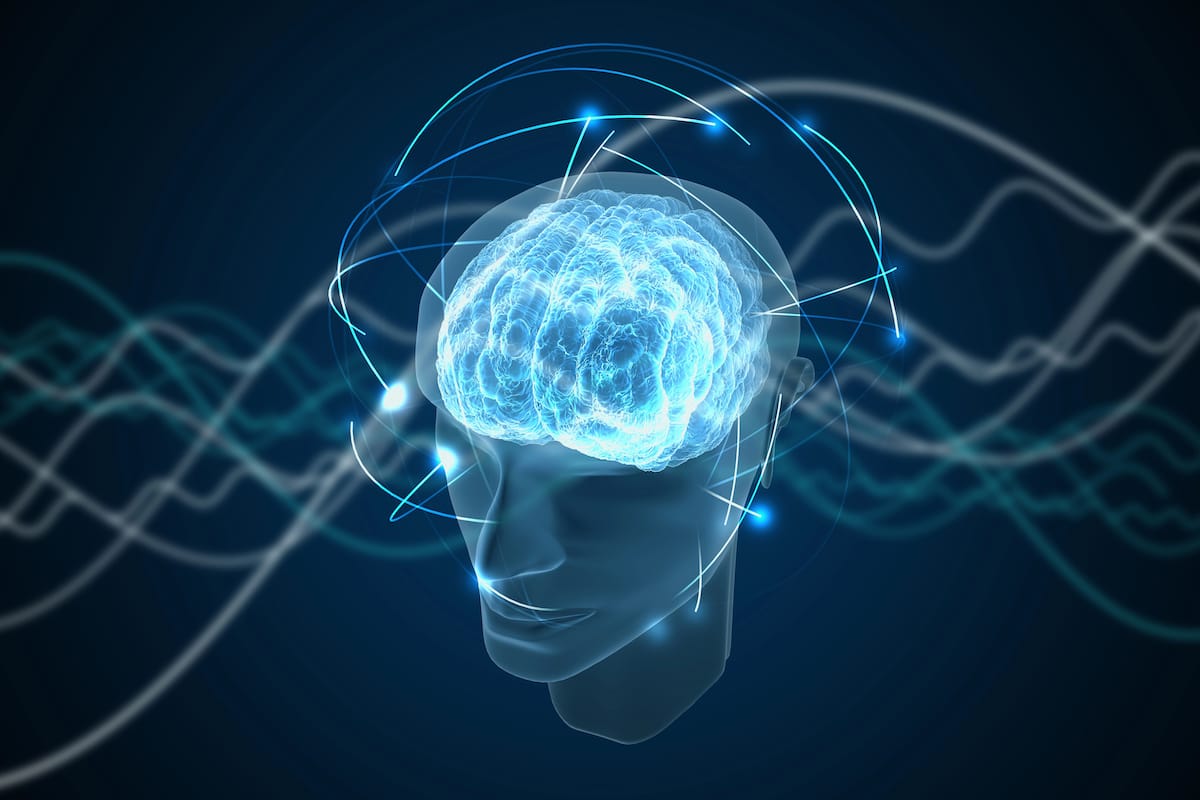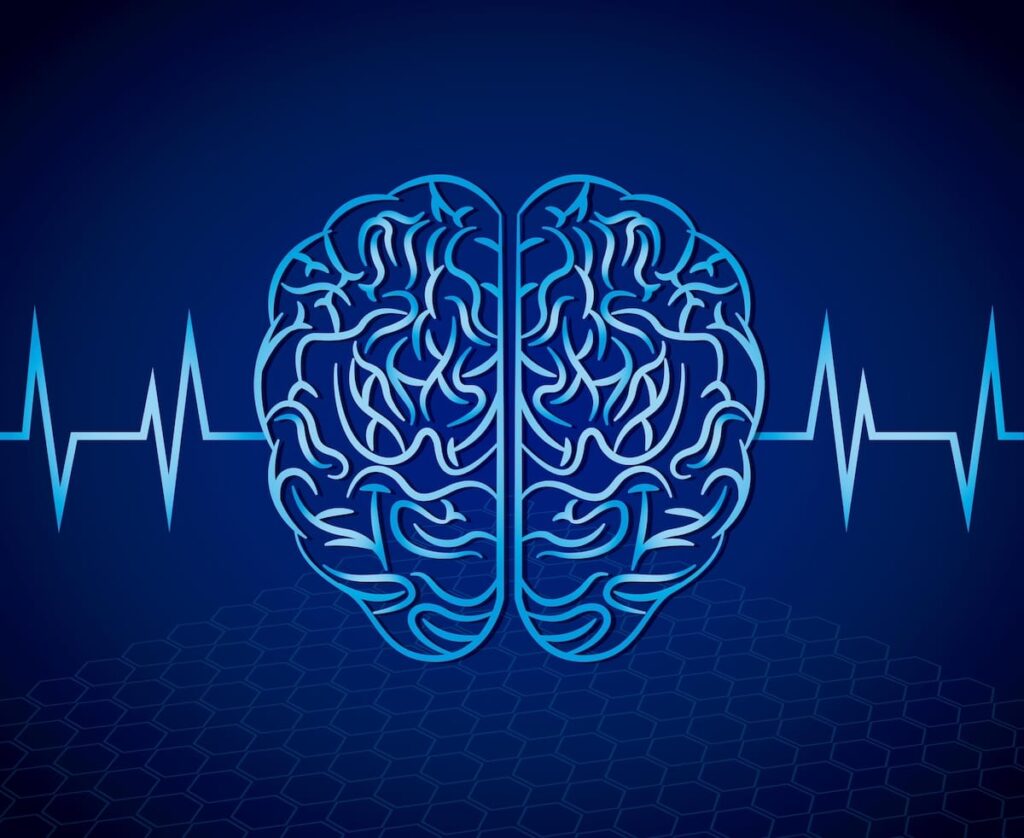Empower Well-being: Discover the Power of Neurofeedback for Brain Optimization.
Neurofeedback is a non-invasive technique that trains individuals to regulate their brainwave activity. By providing real-time feedback on brainwave patterns, patients learn to modify their brain functioning, leading to improvements in cognitive, emotional, and behavioral functioning.

What is Neurofeedback?
Neurofeedback, also known as electroencephalography (EEG) biofeedback, is a non-invasive technique that trains individuals to regulate their brainwave activity. By providing real-time visual or audio feedback on brainwave patterns, you learn to modify your brain functioning, leading to improvements in cognitive, emotional, and behavioral functioning.

Neurofeedback Training Process:
1. Assessment
A quantitative electroencephalogram (qEEG/brain mapping) will be conducted to provide a comprehensive evaluation of your brainwave patterns. Electrodes are placed on the scalp to measure and record your brainwave activity. This procedure is non-invasive and painless, typically taking about 30-60 minutes to complete. Your brainwave patterns will be analyzed to create a detailed map of your brain’s activity, highlighting areas of dysregulation or abnormal patterns that may be associated with specific symptoms or conditions.
2. Training Sessions
The brain map created during the assessment phase will serve as a personalized guide for designing an effective neurofeedback training program tailored to your unique needs, thereby enhancing the overall efficacy of the treatment. You will be asked to engage in activities (e.g., playing video games, watching movies, etc) designed to modulate brainwave activity, while electrodes are placed on your scalp to monitor your brainwave activity. Feedback is provided in real-time through visual or auditory cues, allowing you to learn to self-regulate your brain functioning.
3. Progress Monitoring
Progress is monitored throughout the training process, with your brainwave activity data regularly assessed for changes and improvements. Adjustments are made to the protocol as needed to optimize effectiveness.
Treatment
- Anxiety Disorders
- Attention Deficit Hyperactivity Disorder (ADHD)
- Autism Spectrum Disorder (ASD)
- Cognitive Decline and Dementia
- Depression
- Insomnia
- Migraines
- Peak Performance Enhancement
- Post-Traumatic Stress Disorder (PTSD)
- Traumatic Brain Injury (TBI)
Khazan, I. Z., Shaffer, F., Moss, D., Lyle, R., & Rosenthal, S. (2023). Evidence-based practice in biofeedback and neurofeedback, 4th edition. AAPB.
Book your Neurofeedback session today
Brain assessment services
What is a qEEG?
Quantitative Electroencephalography (qEEG) is an advanced form of EEG (electroencephalography) that involves the digital recording of electrical activity in the brain. Unlike traditional EEG, which visually inspects the waveforms, qEEG uses sophisticated software to analyze the EEG data and produce quantitative information. This data is then compared against normative databases to identify patterns and abnormalities.

Diagnostic Value of qEEG
qEEG has significant diagnostic value in various neurological and psychological conditions. It provides detailed insights into brain function, which can aid in the diagnosis and treatment of:
- Epilepsy: Helps identify specific seizure types and localize epileptic foci.
- Attention Deficit Hyperactivity Disorder (ADHD): Assists in differentiating ADHD from other conditions with similar symptoms.
- Traumatic Brain Injury (TBI): Detects subtle brain dysfunctions that might not be visible on standard imaging techniques.
- Anxiety and Depression: Identifies atypical brain activity patterns associated with these conditions, supporting targeted interventions.
- Autism Spectrum Disorder (ASD): Provides objective data to supplement clinical evaluations.
Research on qEEG
Research on qEEG is extensive and continually growing, demonstrating its utility in various fields:
- Neurofeedback Therapy: Studies show that qEEG-guided neurofeedback can effectively treat conditions like ADHD, anxiety, and PTSD by training individuals to regulate their brain activity.
- Cognitive Performance: Research indicates that qEEG can predict cognitive performance and monitor cognitive changes over time, useful in aging populations and cognitive enhancement studies.
- Pharmacological Effects: qEEG is used to monitor the effects of medications on brain activity, aiding in the development and optimization of pharmacological treatments.
- Neurodevelopmental Disorders: Ongoing studies are exploring how qEEG can be used to better understand and treat neurodevelopmental disorders such as ASD and developmental delays.
In summary, qEEG is a powerful diagnostic and research tool that provides a deeper understanding of brain function. Its ability to quantify and analyze brain activity makes it invaluable in diagnosing neurological and psychological conditions, guiding treatment, and advancing research in brain health and function.
What is NewQ
The NewQ brain assessment developed by John Anderson, at Minnesota Neuro-Training Institute, is a mini EEG (electroencephalogram) assessment tool based on the NeXus-10 MKII (Mind Media) that designed for quick and cost-effective evaluation of brain function. This technology, often referred to as MINI-Q, uses a 2 or 4 channel EEG setup to sequentially take multiple channel recordings, thus allowing for a cross-head assessments without the need for a full-head EEG setup, which makes it a valuable and a more accessible screening tool, much like a chest X-ray compared to a CAT scan (Brainmaster) (Med Xpress).
The MINI-Q is intended to complement traditional full QEEG assessments by providing a faster, cheaper alternative for initial screenings and ongoing monitoring of brain health. It is particularly useful in detecting and tracking cognitive changes and potential brain injuries over time. This method can serve various purposes, such as evaluating the impact of treatments and lifestyle changes on brain function, and screening for early signs of cognitive impairment or neurological disorders (Med Xpress).
For more details, you can visit the BrainMaster Technologies Inc. website which provides extensive information on MINI-Q and its applications.